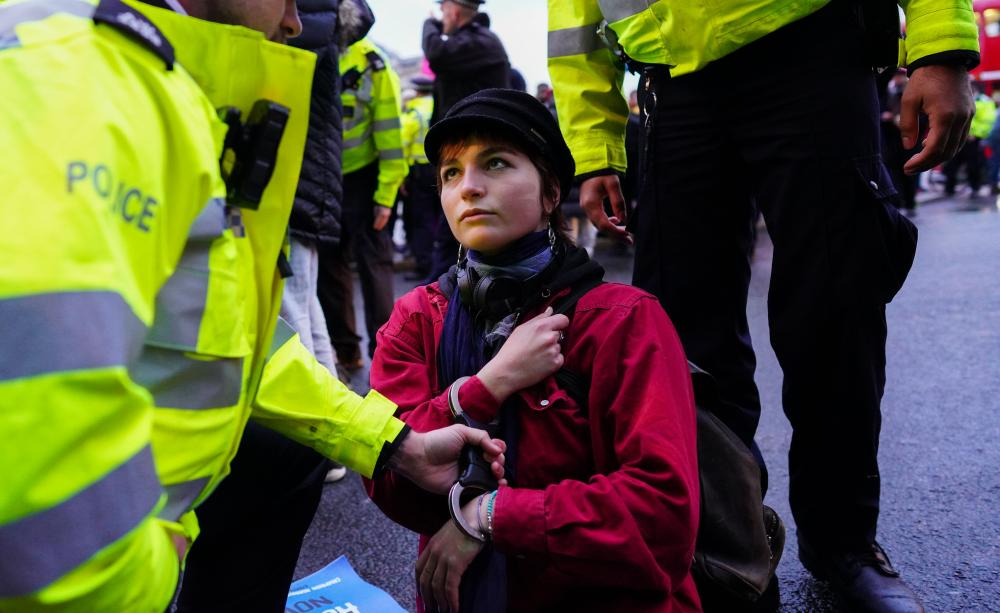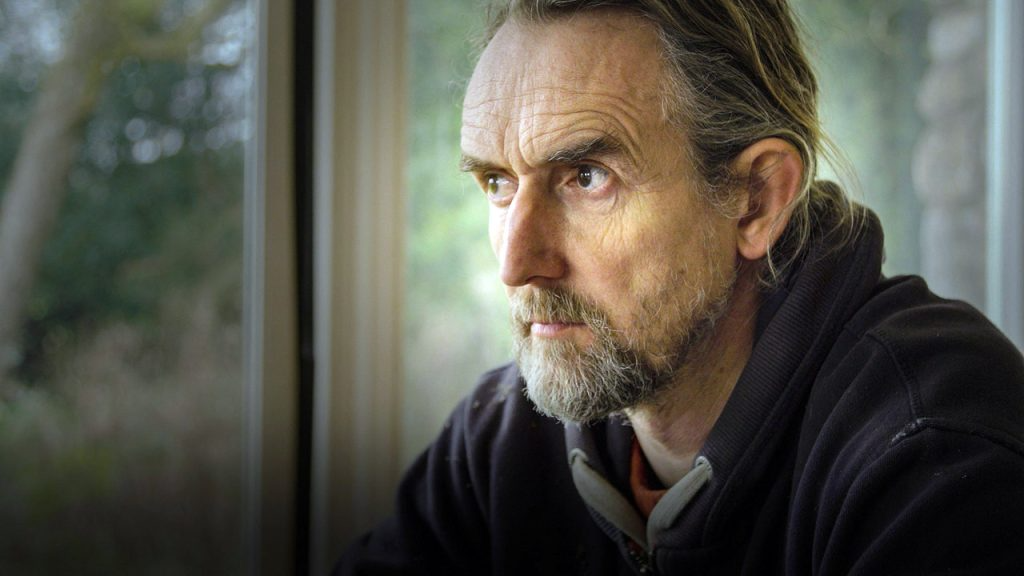🗣️ Leadership nei tempi della fine
Come gestiamo la democrazia all'interno dei nostri movimenti?

Di recente ho chiacchierato con il giornalista e scrittore Chris Hedges. Mi ha gentilmente fatto visita in carcere, condividendo una storia del movimento Occupy a New York, poco prima dello sgombero.
Un gruppo di attivisti si era riunito a casa sua per decidere le prossime mosse. La decisione doveva essere presa in fretta, così alcune persone hanno assunto ruoli di leadership, hanno fatto la telefonata e sono tornate con un piano.
La nozione di "orizzontalismo", ovvero che non ci possono essere leader, si basa su un errore. La leadership è inevitabile perché ci sono troppe decisioni su cui tutti devono intervenire, soprattutto quando il tempo è critico.
Macchina
Il tentativo di assenza di leader, infatti, crea una "tirannia dell'assenza di struttura", in cui emergono leader non responsabili senza una chiara designazione.
Per esempio, chi ha deciso che alcune persone si sarebbero riunite a casa di Chris? Nessuno. L'orizzontalismo impone un'altra griglia meccanica alla complessa ecologia degli spazi sociali, rispecchiando le rigide strutture gerarchiche che cerca di sostituire.
Anche se le buone relazioni possono nascere in entrambi i sistemi, spesso lo fanno nonostante queste strutture, non grazie ad esse.
Le ideologie moderne radicate nel pensiero illuminista spesso riducono tutto a un unico concetto: il potere come dominio. Abbiamo perso il linguaggio per descrivere ciò che accade veramente quando lavoriamo insieme e l'immaginazione per immaginare nuove possibilità.
Pensatori come Edmund Burke e Pierre Proudhon hanno cercato di capire come un'ecologia sociale potesse prosperare al di fuori del linguaggio meccanico di destra e sinistra, andando oltre una visione della società come macchina.
Gentilezza
Non si tratta più di un problema astratto. Se non riusciamo a creare organizzazioni su larga scala, umane ed efficaci, capaci di una resistenza civile di massa, il fascismo - con le sue strutture di comando e controllo e i suoi vasti finanziamenti - ci sopraffarà.
L'inimmaginabile potrebbe accadere di nuovo su scala globale. L'incapacità della sinistra di creare un movimento in grado di competere con il Partito Laburista dimostra come stiamo ancora lottando per lasciare andare il vecchio e creare qualcosa di nuovo.
Dobbiamo partire da una verità fondamentale: il potere come dominio è dannoso e non necessario. Viola il nucleo del nostro essere: il nostro bisogno di riconoscimento reciproco, di dare e ricevere amore.
Il potere come dominio corrompe sia chi lo esercita sia chi lo opprime. Dovremmo invece concentrarci sulla qualità delle relazioni, incentrate sull'amore come azione per migliorare il benessere degli altri.
Il rispetto, il servizio e la fiducia arricchiscono questi legami, ma l'odierna cultura del sospetto corrode questi valori, anche all'interno di organizzazioni radicali. Le sfide sono inevitabili, ma devono provenire da un luogo di gentilezza e umiltà. Dopo tutto, siamo tutti umani.
Rotazione
Questi valori devono essere integrati nelle nostre organizzazioni. Dovrebbero essere enfatizzati nei corsi di formazione per i nuovi membri, essere considerati prioritari nei progetti in corso e modellati dalla leadership etica.
Questa cultura di rispetto e fiducia crea uno spazio sociale in cui lavorare insieme è gioioso. In questo ambiente, le strutture formali possono essere stabilite delicatamente, non imposte rigidamente.
Abbiamo bisogno di un'ecologia diversificata di funzioni, con gruppi di lavoro semi-autonomi per portare a termine le cose, e un piccolo nucleo esecutivo a cui affidare la strategia e le decisioni rapide. Questo nucleo riceve un feedback continuo dai gruppi di lavoro.
I membri giovani e nuovi vengono identificati, formati, guidati e infine inseriti nel gruppo centrale, mentre i membri più esperti si fanno da parte per dare consigli. La rotazione e la formazione aumentano l'intelligenza collettiva.
Sistema
Al di là delle singole organizzazioni, dobbiamo abbandonare il deserto neoliberale dell'attivismo isolato e resistere alla formazione di un movimento monolitico.
Abbiamo invece bisogno di un'ecologia di organizzazioni affiatate che coordinino una strategia nazionale condivisa, stabiliscano date per la resistenza civile di massa e organizzino assemblee locali per selezionare i candidati alle elezioni.
Nei momenti di rottura, i leader avranno bisogno della fiducia della comunità per navigare nel caos e gettare le basi per una nuova società che sostituisca le strutture che crollano intorno a noi.
Questo viaggio - da Extinction Rebellion a Just Stop Oil, e ora gli obiettivi più ampi di Umbrella e di un nuovo movimento nazionale - mira a raggiungere ciò che tutti noi vogliamo: cambiare l'intero sistema.
Ciao, sono Robin. Sono il braccio destro di Roger e co-direttore di Revolution in the 21st Century (Rev21). Sto lavorando per costruire la leadership del nostro movimento attraverso la formazione, i libri e i convegni. Con il collasso in arrivo, dobbiamo prepararci a una rivoluzione democratica e nonviolenta che tenga a bada il fascismo. Per farlo, abbiamo bisogno di rivoluzionari.
Se volete unirvi ai 35 che aiutano Roger dietro le quinte, partecipate a una telefonata per conoscere meglio noi e il progetto. Le nostre telefonate di benvenuto si tengono ogni seconda domenica del mese alle 16:00, ora del Regno Unito.
Non avete tempo da perdere? Sostenete il nostro lavoro con una donazione una tantum.
